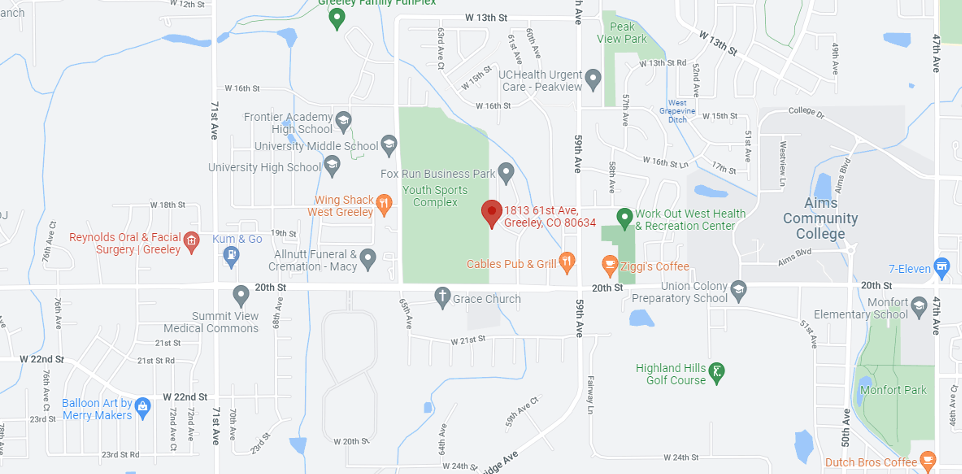Xerostomia: Big Word, Common Problem
June 26th, 2024

Xerostomia might sound like a serious and rare condition, but it’s more common than you think. If you’ve been feeling like your mouth is constantly dry, you may already be having your first encounter with it.
Xerostomia refers to when you have a dry mouth due to absent or reduced saliva flow. Now you might assume this is not a big deal, but a lack of saliva can threaten your dental health or worse, because it can be a sign of a bigger overall problem.
Some of the more common symptoms to watch for are a sore throat, difficulty swallowing, a burning sensation on the tongue, and of course, a significant lack of saliva. Because xerostomia entails a reduction in saliva, you have less of a buffer between your teeth and the food you eat, which makes you more vulnerable to cavities and tooth decay. It also means that food is more likely to get stuck in your mouth.
So what causes xerostomia? There can be many different culprits. One of the most common causes involves medication. If you’re taking antidepressants, muscle relaxers, anti-diarrhea medicine, anti-anxiety medicine, or antihistamines, this could be the reason for your xerostomia.
Dry mouth may also be a warning sign for other health issues. These can include lupus, diabetes, thyroid disease, arthritis, or hypertension. Patients that receive any kind of chemotherapy might also experience xerostomia as a side effect of their treatment.
If you’re experiencing symptoms of dry mouth, there are several things you can do:
- This may seem obvious, but you should drink generous amounts of water. If you’re taking any of the medications known to cause xerostomia, a glass of water before and after administering the medication could be helpful.
- Avoid heavily caffeinated drinks, since they will dehydrate you further.
- Opt for a mouthwash that contains little to no alcohol.
- Consume excessively sugary or acidic foods in moderation, if at all.
- Try adding a humidifier to your room while you sleep, to add moisture to the air you’ll be breathing.
As always, stay on top of your brushing and flossing routines, and if you feel you might be suffering from xerostomia, please let Drs. Kevin and Kami Marr know during your next visit to our Greeley office. We’re happy to recommend products we’ve found to be successful in treating xerostomia.



